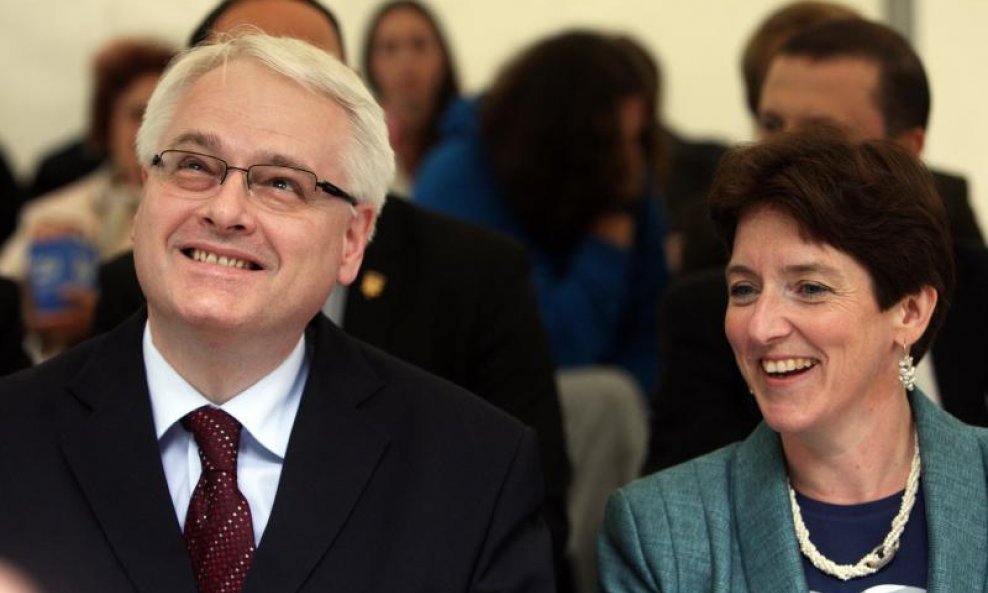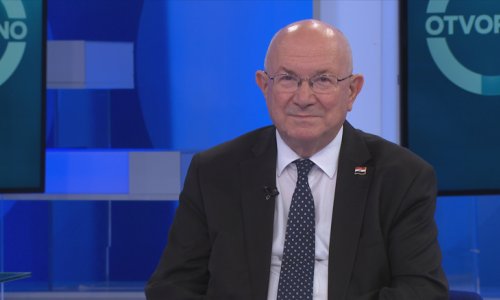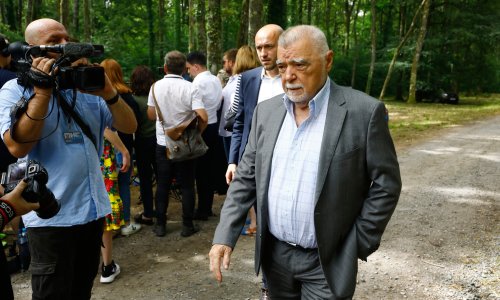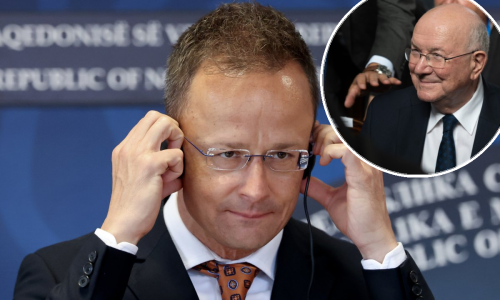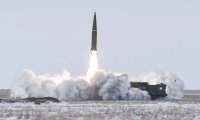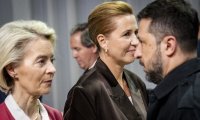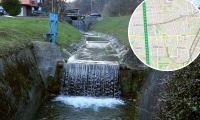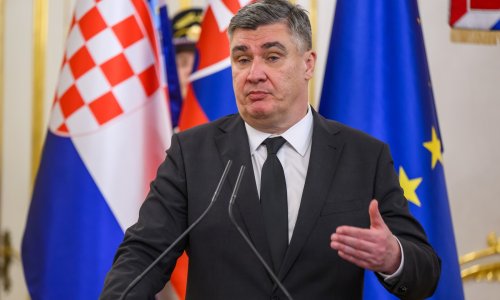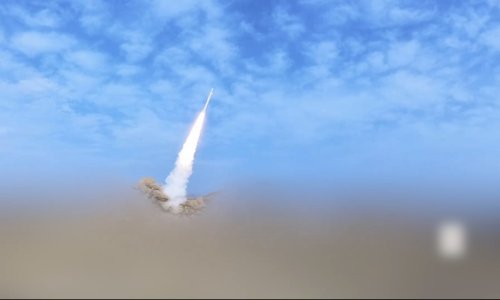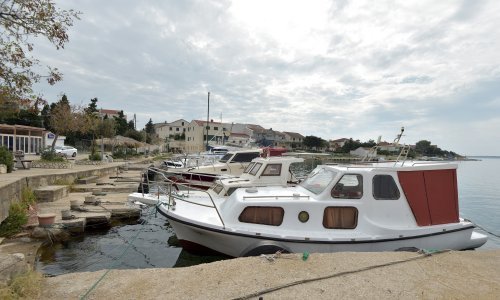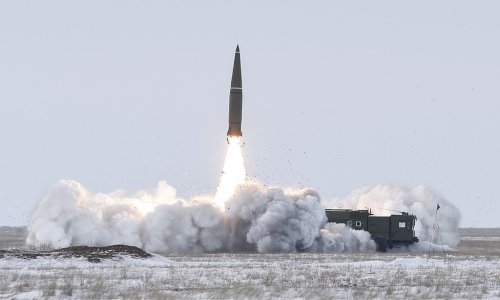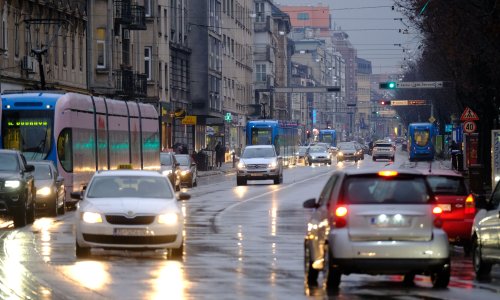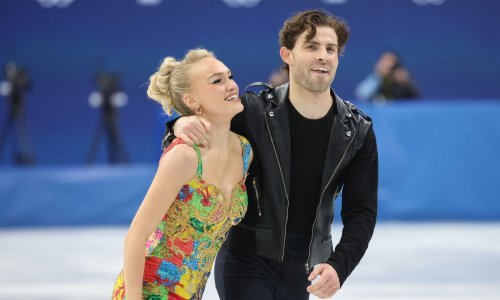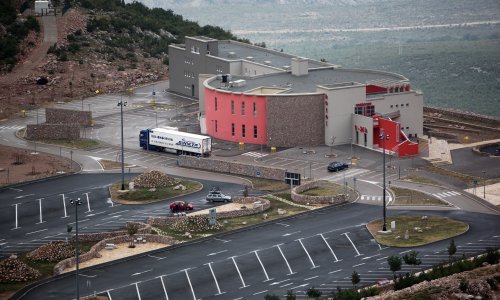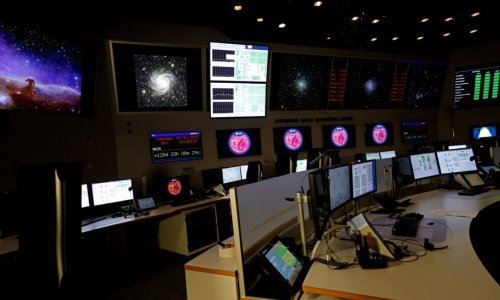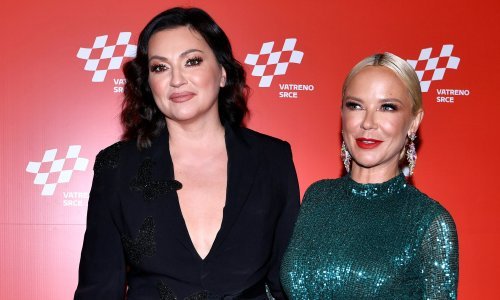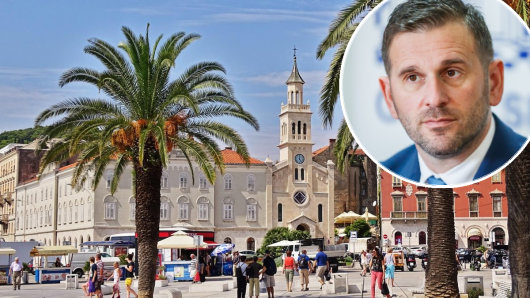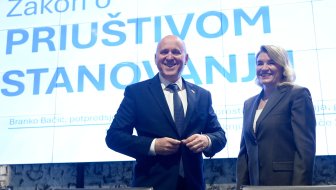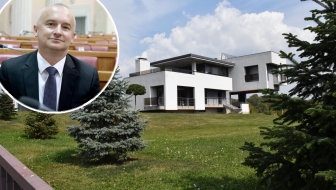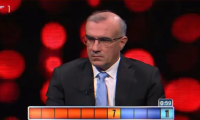Croatia has transformed from a recipient to a provider of assistance and an important factor in building global peace, and it can be very proud of its achievements over the last 20 years since its admission to the United Nations, some of the leading international and Croatian officials and diplomats at the time of Croatia's international recognition and UN admission, said at a round table discussion in Zagreb on Tuesday.
Former Croatian President Stjepan Mesic, former Foreign Minister Mate Granic, a former Special Rapporteur of the Commission on Human Rights for the former Yugoslavia, Tadeusz Mazowiecki, the temporary administrator of the UN Transitional Administration for Eastern Slavonia, Baranja and Srijem (UNTAES) from 1996 to 1997, Jacques Paul Klein, a former Croatian permanent representative at the UN and now UN Assistant Secretary-General, Ivan Simonovic, and UN Coordinator and UN Development Programme Resident Representative in Croatia Louisa Vinton, spoke about the challenges and successes of Croatia's two decades of UN membership at the round table discussion organised in the Croatian parliament on the occasion of the 20th anniversary of Croatia's admission to the UN.
Mesic said that Croatia was active and increasingly participating in debates on global problems and that its strength lay in "its consistency, respect for the principles of the UN Charter and in thinking with its own head."
He added that Croatia had become a reliable partner on the global level and that it supported the reform of the UN.
Former foreign minister Granic said that Croatia's international position today could serve as an encouragement to many countries that "are going through similar problems in war and in peace."
Mazowiecki spoke about his role as former special rapporteur of the UN Commission for Human Rights for the former Yugoslavia, a post he held from 1992 to 1995, and the mass violations of human rights.
He said that he visited Vukovar and that he was aware of what had happened to the people taken from the city hospital. He also recalled the shelling of Dubrovnik and the war in Bosnia and Herzegovina.
Mazowiecki said that in all the countries of the region that experienced war conflicts, the media played a very bad role because of their one-sided reporting.
I want Croatia, now that it is about to join the EU, to help other countries in the process, to help Bosnia and Herzegovina, because the future is there, he said.
Klein said that Croatians could be very proud of their achievements since they were about to join the EU.
Simonovic agreed with him, saying that Croatia could be very proud of what it had achieved in the past 20 years, but warned that one should prepare for the next 20 years and underlined the importance of professionalising the Croatian diplomacy.
Vinton spoke about how Croatia's experience could be useful in crisis spots and post-conflict societies around the globe. She said that Croatian peacekeepers were highly regarded because of their experience and that UN Secretary-General Ban Ki-moon respected Croatia very much for its contribution to the UN.



